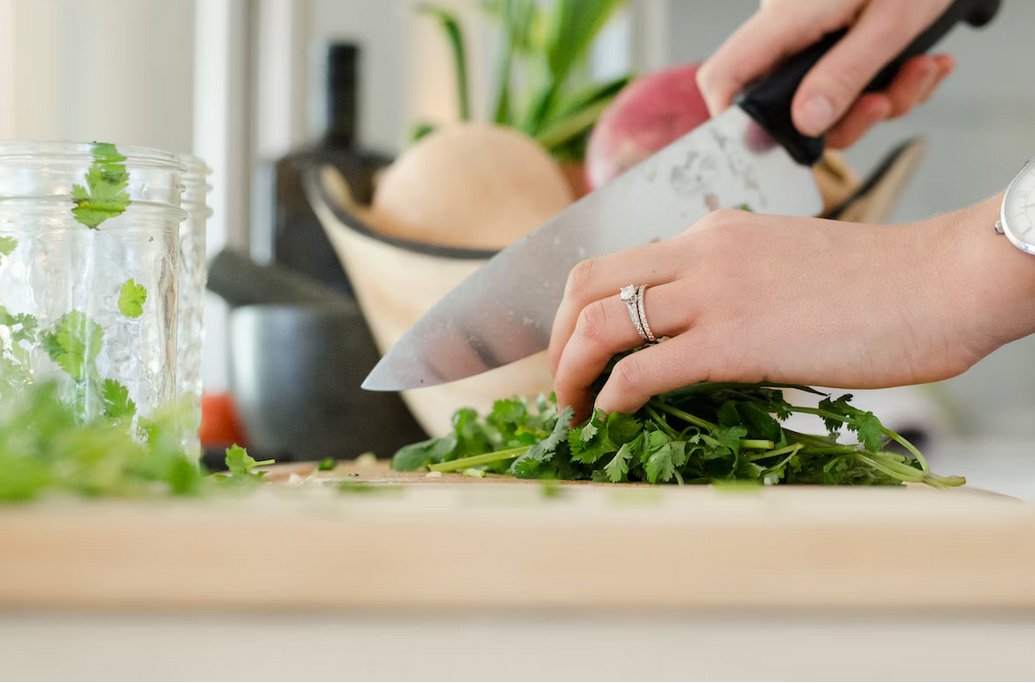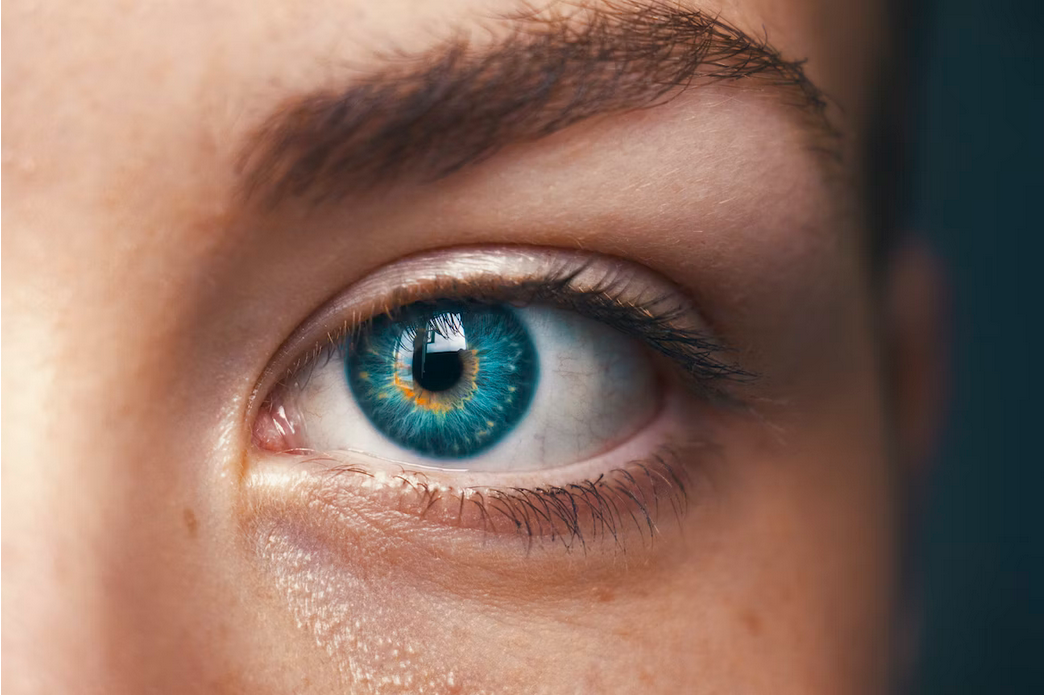Finding both healthy and tasty recipes can be a challenge, especially with a gluten allergy. Gluten can be found in a lot of common foods, so alternatives need to be chosen. However, with some creativity and healthy ingredients, any meal can be a treat for those with gluten allergies. As a plus, most of these dishes can be made quickly and with ease if one stockpiles the right ingredients. Here are some tasty and healthy gluten-free dishes.
Turkey Meatballs
Meatballs often contain gluten because they have breadcrumbs in them. These turkey meatballs are a healthy alternative. Ready in 10 minutes, turkey meatballs contain lean ground turkey, Parmesan, herbs, and gluten-free breadcrumbs. This can be cooked in an air fryer before the sauce is applied.
Chickpea Kale Caesar Salad
A meal on its own, a crispy kale Caesar salad with chickpeas is an excellent meal prep option. Romaine lettuce and kale can be combined with sweet potatoes, chickpeas, walnuts, dressing, and red onion. Not only is it gluten-free but it is also vegetarian and vegan friendly.
Taco Stuffed Peppers
Try using a green or red pepper as an alternative to a standard taco shell. Able to be combined with ground turkey, salsa, taco seasoning, and brown rice, this recipe is filled with healthy ingredients. This dish is also very versatile and can be used with anyone’s preference for healthy toppings.
Dr. Barbara R. Edwards, Princeton Internist, practices at Penn Medicine Princeton Health in the Penn Medicine Princeton Medical Center. She is also the Academic Director for the Ambulatory Residency Program at Penn Medicine Princeton Health.






